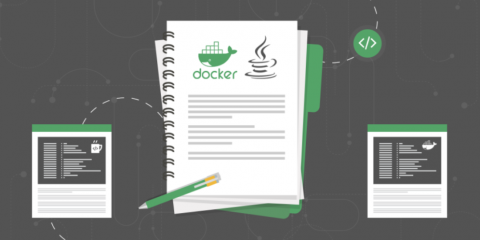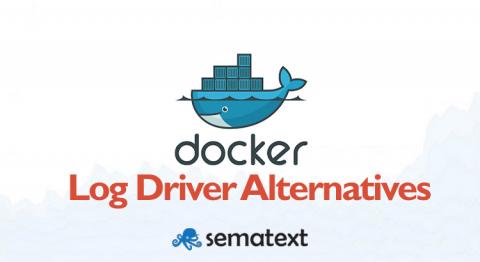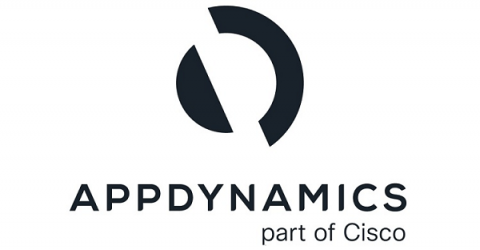Operations | Monitoring | ITSM | DevOps | Cloud
Containers
The latest News and Information on Containers, Kubernetes, Docker and related technologies.
Sysdig Monitor summer 2018 release.
It’s the first day of summer and the perfect opportunity for our summer Sysdig Monitor release round up. For those of you following our progress, we use these blogs to showcase the work we’ve done to add increased functionality, scale, and usability with Sysdig Monitor. What follows are quick descriptions of all the good stuff we’ve made available over the past few months.
A Start to Finish Guide to Docker with Java
Intro to managing and running a containerized Java Spring Boot application. Docker is a platform for packaging, deploying, and running applications in containers. It can run containers on any system that supports the platform: a developer’s laptop, systems on “on-prem,” or in the cloud without modification. Images, the packages Docker uses for applications, are truly cross-platform.
GKE security with Falco and Google Cloud Security Command Center.
A few weeks ago, we announced Sysdig partnership with Google to integrate Sysdig Secure with Google Cloud Security Command Center, a single pane of glass for your security events in Google Cloud. Today we announce that Sysdig Falco, our open source project for container and Kubernetes run-time security, can also send Kubernetes security events to Google Cloud Security Command Center. Sysdig Falco is part of the underlying technology of Sysdig Secure.
Sysdig Secure 2.0 - adds vulnerability management, 200+ compliance checks, and security analytics.
A little over 2 years ago we opensourced Sysdig Falco with the goal of providing a robust detection engine that the community could use to securely run containers in production. Since the launch we expanded the default ruleset and have had 750,000+ downloads of Sysdig Falco. Organizations like cloud.gov and Yahoo have used Falco to detect behavioral anomalies across their containerized infrastructure.
Logz.io Eliminates Complications Associated with Container Logging with Launch of Specialized Docker Logging Plugin
BOSTON and TEL AVIV, June 13, 2018 — Logz.io, the leading provider of AI-powered log analytics, releases a specialized Docker Logging Plugin, enabling users to easily ship container logs to Logz.io. The Docker Logging Plugin was created to relieve many of the common issues developers experience when shipping container logs such as complex configuration, accidental pausing of container shipments, and potential loss of data.
Docker Log Driver Alternatives
“Why does the ‘docker logs’ command fail?“, is one of our frequently asked questions. The answer is simple and mentioned in the Docker documentation: “The docker logs command is not available for drivers other than json-file and journald.”
The AppD Approach: Monitoring Kubernetes Events
Just recently we launched AppDynamics for Kubernetes, giving enterprises end-to-end, unified visibility into their entire Kubernetes stack and Kubernetes-orchestrated applications for both on-prem and public cloud environments. Our industry-leading APM provides visibility into Kubernetes by leveraging labels such as Namespace, Pod or ReplicaSet. And AppDynamics customers can organize, group, query or filter Kubernetes objects or performance metrics based on labels.
Kubernetes, Data Science, and Machine Learning
Crash Course to Monitoring Kubernetes: The K8s Anatomy
It’s no secret that Kubernetes is the leader when it comes to container orchestration platforms. Since its 2014 release, the open source project has taken the world by storm and become one of the biggest success stories in the open source community.










